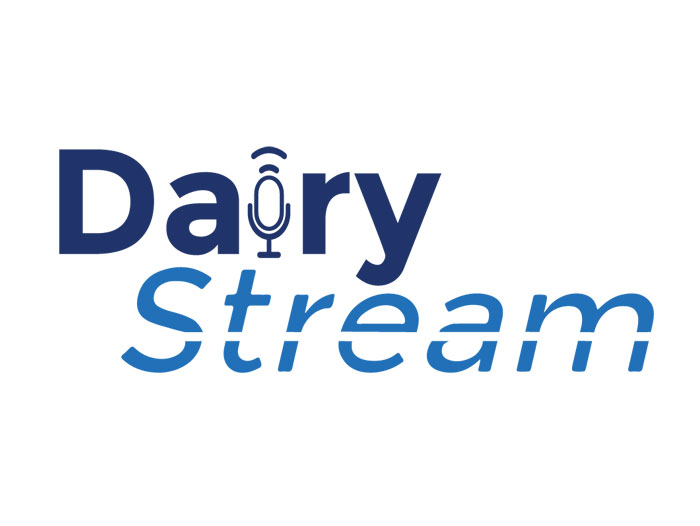Dairy Stream podcast features USDA Undersecretary Greg Ibach
May 11, 2020 | 6 min to read

The newest episode of the Dairy Stream podcast features Greg Ibach, undersecretary for marketing and regulatory programs at the U.S. Department of Agriculture. Ibach’s agency is at the center of the federal government’s response to farmers who are trying to manage the unprecedented challenges brought on by the COVID-19 pandemic.
Ibach talks to Dairy Stream host Mike Austin about USDA’s steps to help farmers and what he expects going forward. The episode was posted May 7. The podcast is co-produced by the Dairy Business Association and Edge Dairy Farmer Cooperative, sister organizations that fight for effective dairy policy in Wisconsin and Washington, D.C.
Where to listen (27 minutes):
Edge Dairy Farmer Cooperative website
Apple Podcasts, Google Podcasts, iHeartRadio, Spotify or wherever you podcast
Excerpts from Ibach’s comments:
Keeping processing facilities safe
“We’re trying to keep processing facilities open as local health departments are trying to decide how they manage employees that have positives (COVID-19 tests) within some of those processing plants and how they try to address President Trump’s declaration that food processing is critical infrastructure.
“We have worked a lot with governors, we’ve worked a lot with local health departments to help them understand how they can implement personal protective equipment, how they can put additional shielding around employees, how they can, when appropriate, provide extra space between employees … to give confidence to employees to show up to work as well as to make local health departments feel comfortable with those plants operating.
“What we have seen now is, based on how the processing food processing industry has responded, many epidemiologists feel that the chance of community spread has virtually been eliminated within those processing plants. In many cases, I kind of tongue-in-cheek like to say that food processing employees are safer at work perhaps than they are in their communities.”
Future assistance from USDA
“I think we’re going to see the coronavirus have long-term impact on the restaurant and foodservice industry, so I think that the added demand at retail grocery stores is going to continue to be there. I think that we’re going to also see continued higher unemployment rates and that means that people will want to access food banks and food assistance programs. So, I think that USDA needs to be ready to provide additional assistance through those outlets as well for an extended period of time.”
Reasons for optimism
“I think that consumers are going to develop a new appreciation for their food, and the fact that we are facing shortages in grocery stores, I think is going to help consumers realize that it just doesn’t magically show up on the shelves, that there is a process to go through. There’s a production cycle, there’s a food system that requires not only farmers and ranchers but the processing industry and the distribution industry to be able to get food to their shelves. And, hopefully, that is positive into the future.
“Even in the face of some of the downturn of world economies, many countries are still looking to the U.S. for food. We’ve reached trade agreements with China and Japan and South Korea, and now we’re working with the United Kingdom and Europe to try to get better trade agreements in place. And, of course, dairy had some great gains within the (U.S.-Mexico-Canada Agreement) because we made Canada back away from one of their marketing schemes that hurt U.S. dairy farmers.
“So, I think there there’s always reason to be optimistic. As dark as these days are with prices and the challenges we face, there can’t be anything but hope that things are going to get better, and we know they will.”
About DBA:
The Dairy Business Association is the leading dairy lobby group in Wisconsin, focused on advocating for sensible state laws and regulations that affect the dairy community. The nonprofit organization is comprised of dairy farmers, milk processors, vendors and other business partners who work collaboratively to ensure that dairy farms of all sizes have the support they need to keep America’s Dairyland strong. More information: www.dairyforward.com
About Edge:
Edge Dairy Farmer Cooperative provides dairy farmers throughout the Midwest with a powerful voice — the voice of milk — in Congress, with customers and within their communities. Edge, based in Green Bay, Wis., is one of the top cooperatives in the country based on milk volume. More information: www.voiceofmilk.com.
